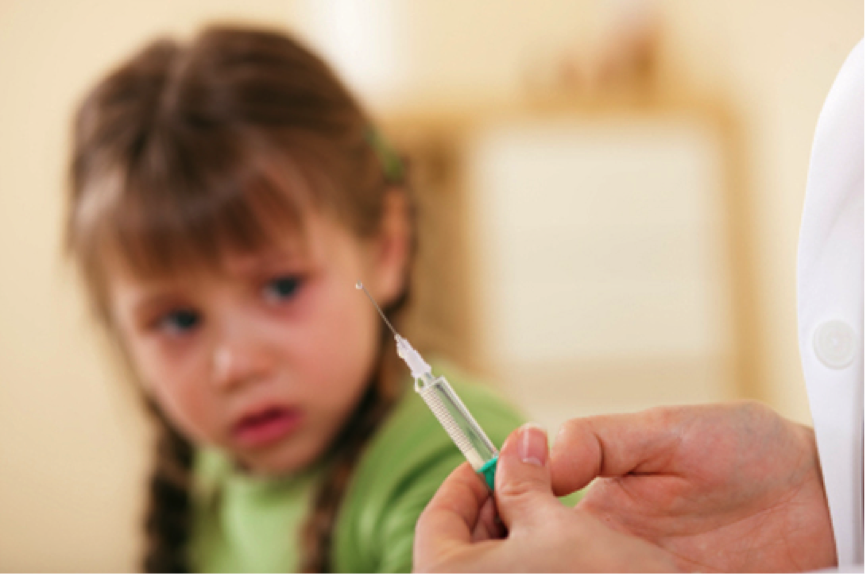To all of our patients and local community.
We hope that you and your family are well keeping safe. The recent events of the pandemic have uprooted our normal routines and many of our comforts. The dental world has been similarly changed and our practice has been closed for face to face appointments for a number of weeks. This has caused an unavoidable disruption in the way we operate and would normally care for our patients. It has been just as frustrating for us as it has been for you.
We are different to most other environments as social distancing between a dentist and patient is not possible while working in the oral cavity. This was the part of the rationale behind the instruction from the Chief Dental Officer to cease all routine dental appointments and refer emergencies to a local NHS center. This phase of dental care is coming to an end.
We are making plans to reopen as soon as possible. Prodenta is planning a gradual opening starting from the 8th of June as per yesterday’s announcement. When we do reopen there may be a period where you will notice some changes in the way we work. These will be designed to keep you and our staff safe, until the covid risk reduces further. Unfortunately, there are still challenges on supply chain of PPE and also construction of new protocols which may be needed to be sorted first. We will also prioritise those patients who have has emergencies over the last few months. If you have an appointment in the diary – we intend to honor those that rescheduled for after the 8th June.
In the meantime we are here for you via phone 02072232244 and email enqs@prodenta.co.uk. Please call if you need an appointment which will be able to now offer
We are also starting virtual consultations for to offer cosmetic consultations and also oral health advice for our existing patients. Please feel free to forward this link to anyone who may be interested in an online dental consultation. We are offering this service free for a short time.
We miss you and we hope to see you soon.
Shubhra and the team at Prodenta.






